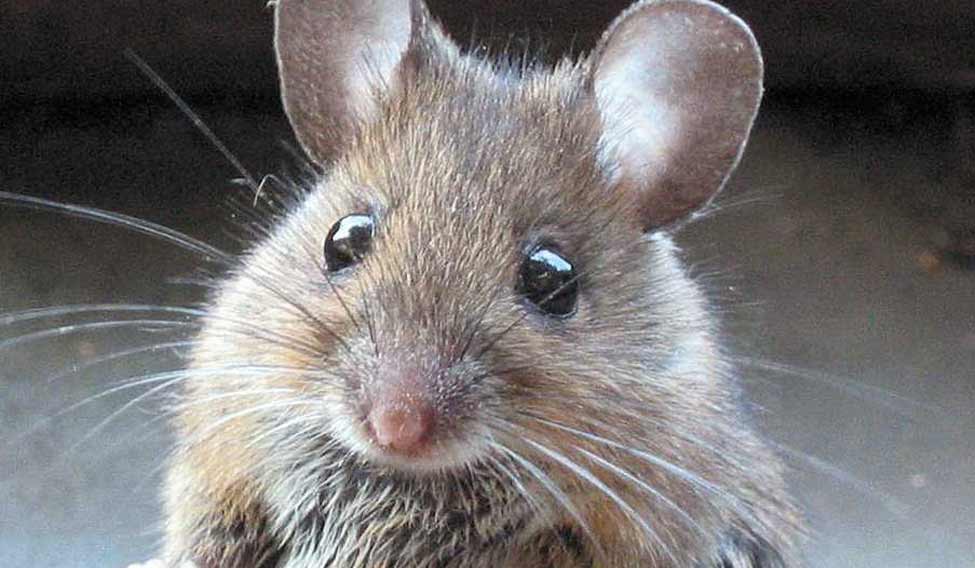Male virgin mice enjoy watching videos of other mice having sex but not as much as videos of other mice fighting with one another, new research has found.
The researchers from Keio University, RIKEN Brain Science Institute and Azabu University, all in Japan, conducted a series of experiments on common house mice that were taught to watch videos that showed mice sniffing, fighting, or having sex.
Through a series of experiments, the researchers found that the mice preferred fighting videos overall, followed by sex videos, and then videos of sniffing, Daily Mail reported.
"We showed mice videos of three conspecific social behaviours, namely sniffing, copulation, and fighting, in pairwise combinations using iPods and evaluated preference as determined by time spent in front of each iPod,” the researchers said.
"Mice preferred the copulation video to the sniffing video, the fighting video to the sniffing video, and the fighting video to the copulation video,” the study said.
When given an option of sex or sniffing, mice spent 41 per cent of time watching sex videos, and 34 per cent watching sniffing.
Between fighting and sex videos, mice were found to view fighting clips 40 per cent of the time, and 35 per cent watching sex.
When morphine was involved, mice would always return to the 'room' that they were given the morphine in, regardless of the video.
These results demonstrated that mice had a preference among videos of particular behaviour patterns and that they could discriminate these videos as visual category.
"Although relationship between real social behaviours and their videos is still an open question, the preference tests suggest that the mice perceived the videos as meaningful stimuli,” said the study published in the journal Animal Cognition.





